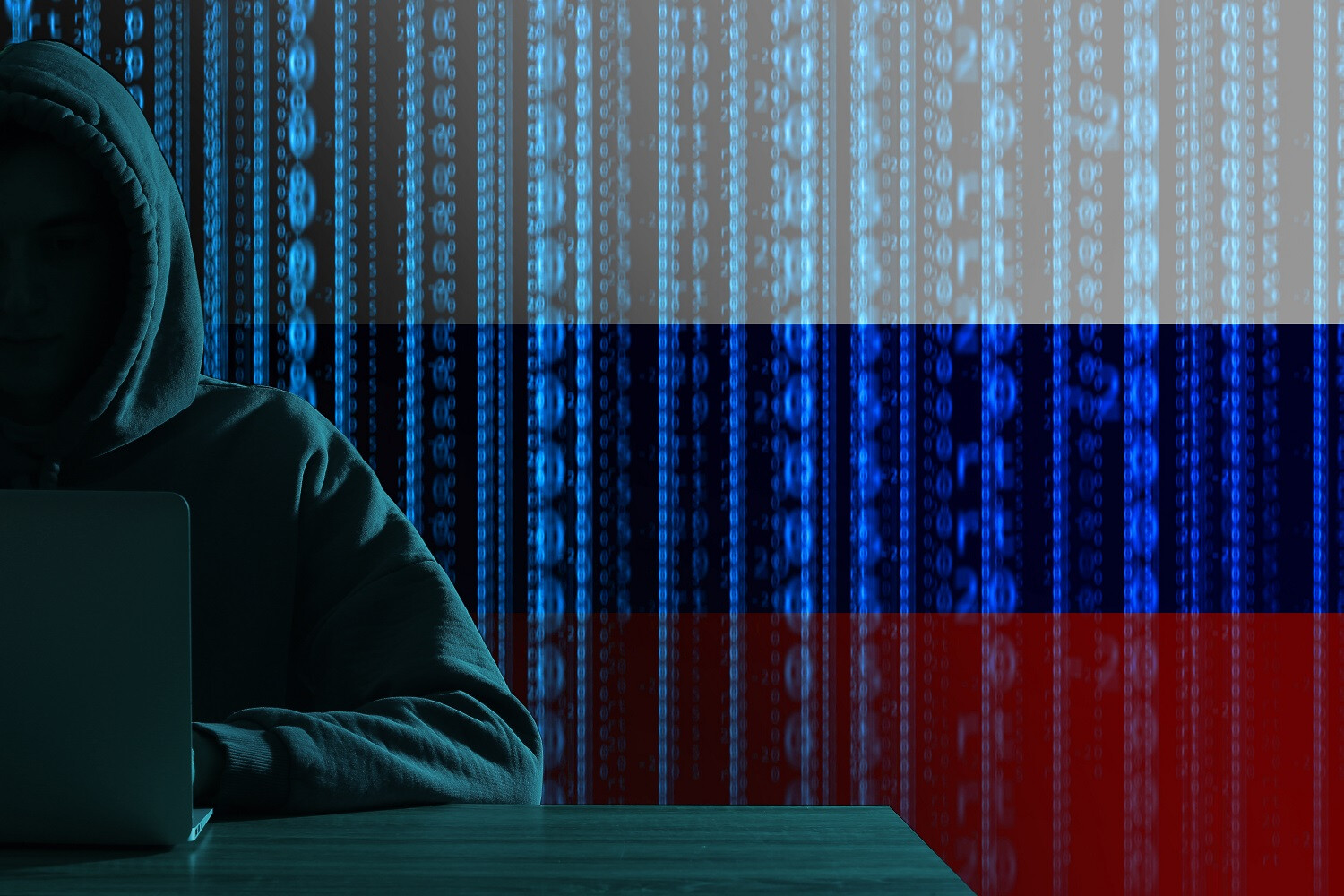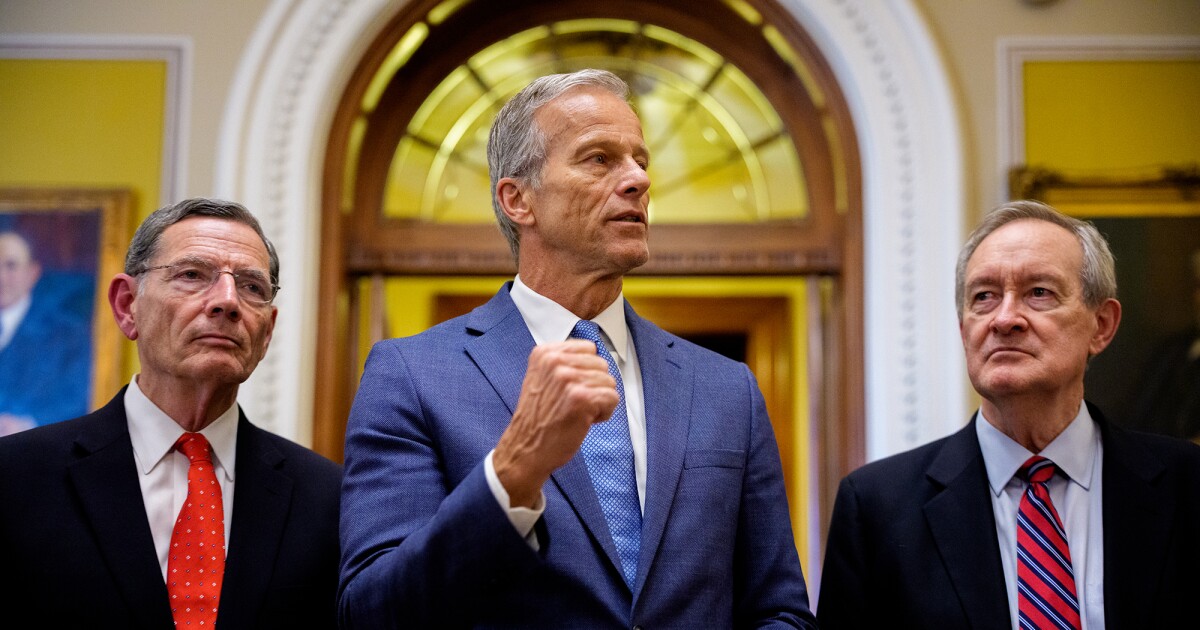Ibrahim Wadi and his 26-year-old son travelled to Qusra, a village near Nablus in the occupied West Bank, on Wednesday for the funeral of four Palestinian men killed in a shooting by Israeli settlers.
By the afternoon, they too were dead, gunned down by Israeli settlers who descended on the funeral, according to the Palestinian health ministry.
At least 120 West Bank Palestinians were killed this year, either by Israel’s military or armed settlers, before Saturday’s deadly Hamas assault in Israel, according to data from local authorities, as Israel has launched almost daily raids. This makes it one of the most violent periods for the territory since the end of the Second intifada, or uprising, in 2005.
A further 31 have been killed since Saturday, when thousands of armed Hamas militants broke through the Gaza border fence on the other side of the country and killed at least 1,200 Israeli civilians and soldiers — the worst attack inside the Jewish state since it came into existence.
Among Israelis and Palestinians alike, there is outrage at the mounting death toll: Israelis at the grotesque images from the massacres, and the nightmare of at least 150 survivors being held hostage in Gaza, and Palestinians at the ongoing aerial bombardment of their brethren in the teeming coastal enclave. Gazan officials say at least 1,448 people have been killed there since Saturday.
Seven days into what Israeli Prime Minister Benjamin Netanyahu has vowed to be a “prolonged” campaign against Hamas in Gaza, there is a febrile atmosphere in the West Bank, which includes East Jerusalem, with daily shootings of Palestinians and an extraordinary Israeli military security blanket. Even before Hamas’s attack there were concerns that a third intifada could be about to erupt.
Friday prayers at the al-Aqsa Mosque in the Old City of Jerusalem, a perennial flashpoint between devout Muslims and the Israeli military that has controlled the site since 1967, threaten to inflame the situation further. Al-Aqsa is Islam’s third holiest site and known to Palestinians as Haram al-Shari. The compound is known to Israelis as the Temple Mount and is Judaism’s holiest site.
Two years ago, an 11-day war erupted between Hamas and Israel, after the militant group fired rockets at Jerusalem while settlers marched through the Old City in their annual show of force to celebrate the capture of Jerusalem in the 1967 war.
Israeli checkpoints have also made it difficult for West Bank Palestinians to travel to al-Aqsa. On Friday, Israeli border police restricted access to the mosque to those under the age of 50, and blocked access to the Old City itself to all but residents, leaving the mosque compound emptier than usual.
“Gaza was standing for Jerusalem in 2021,” said Rasem Abidat, a columnist for the Al Quds newspaper. “Now, Jerusalem has to stand for Gaza, even as we deal with the settlers, the evictions, the beatings of people trying to pray and the daily atrocities of the occupation.”
Rightwing Israeli political leaders have enraged Muslims by pushing for expanded Jewish access to the site, including allowing them to pray under the protection of armed Israeli police.

“The people here are so angry, but we are also so afraid. This is a war,” said Abu Najib Hazem, a shopkeeper near the Damascus Gate entrance to the Old City. “The West Bank is closed, and now they can’t come to the mosque to pray.”
Across the West Bank, Palestinians fearful of incursions by Israeli soldiers into their villages have built rudimentary fortifications. Amid concern of possible unrest spreading to the West Bank as its army is preoccupied with its Gaza campaign, Israel has clamped down on roads and re-enforced checkpoints, cutting off movement for millions of Palestinians. Some of the Palestinian fatalities in the West Bank over the past week followed alleged attacks on Israeli security forces in the territory.
That has come as armed Israeli settlers have opened fire on unarmed Palestinians on several occasions, while the Israeli military, which administers the West Bank and is responsible for the safety of its Palestinian population, has yet to make arrests or, in some occasions, refused to step in to stop the attacks.
Israel’s rightwing national security minister Itamar Ben-Gvir said on Tuesday that he would hand out at least 10,000 rifles and body armour to Jews manning civilian security teams in West Bank settlements, and in Israeli cities with mixed populations of Arabs and Jews. Settlers already have the highest rates of licensed gun ownership.
A spokesman for the Israel Defense Forces, asked about the deaths this week in the West Bank, said he had no information to share. Earlier in the week, a different spokesman, Richard Hecht, stressed that in the West Bank, “The IDF is the sovereign. I repeat again, the IDF is the sovereign.”

Israel spent much of the past year trying to root out budding militant groups in the West Bank, including one named Lion’s Den, which it accused of carrying out dozens of attacks, some fatal, on settlers and military personnel. That operation in Nablus, a hot-bed of Palestinian militancy, is far from complete.
The Israeli military surge comes alongside a temporary leap in support for Hamas in the West Bank, parts of which are governed by its rival Fatah — the relatively secular party of the late Yassir Arafat, and the preferred interlocutor of both Israel and the West.
Hamas normally has the support of about a third of the total Palestinian population, but that tends to leap by 10-15 per cent during Hamas operations or Israeli bombings of Gaza, said Khalil Shikaki, director of the Palestinian Center for Policy and Survey Research.
“It has to do with the public perception that Hamas is the defender of
Palestinian rights, that Israel understands nothing but the language
of force, and that negotiations are futile,” he said.
The swell of support for Hamas puts Fatah in a quandary. Its leaders are viewed as weak, corrupt and ineffective by the majority of Palestinians, and condemning Hamas would further weaken its standing. Palestinian President Mahmoud Abbas this week toed a middle-line, saying: “We reject the practices of killing civilians or abusing them on both sides because they contravene morals, religion and international law.”
In East Jerusalem, Saturday’s brutal Hamas massacre that included women, children and the elderly, has prompted soul searching, but not condemnation.
“For us, every Israeli is a soldier, because the entire country is wearing uniforms,” said Samer Bakri, owner of a popular Turkish restaurant. “Why don’t people see that Israel has been killing children and women? We’re not just talking about Saturday. How many innocent people have they killed?”
Abidat, the columnist, said the rise in support for Hamas was based on a generational memory of Israeli atrocities against Palestinians leading back to the formation of the Jewish state.
“Think back to 1948 [and] the massacres in Tantura and Deir Yassin,” he said, both sites where Zionist paramilitary groups killed hundreds of Palestinian civilians. “You have to see the whole picture, and the crimes they conducted before you condemn us.”
For West Bankers, who have watched Jewish settlements surge to nearly 700,000 inhabitants, the coming retaliation against Palestinians could include more loss of land, warned a western diplomat who has worked to mediate between both parties for two decades.
“The [unwritten] rules here has always been that if the Palestinians kill a settler, the Israelis take a hill,” he said, referring to illegal Jewish outposts that are later legalised as punishment for the attack.
“With what has happened, the Israelis don’t want Gaza, but [large parts of the] West Bank are there to be taken.”
Credit: Source link











